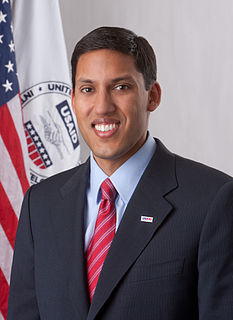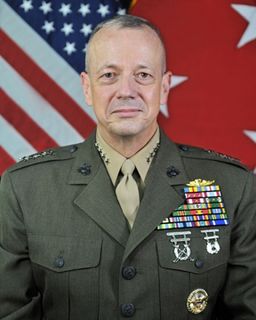A Quote by Ban Ki-moon
The international community must offer short-term emergency measures to meet critical needs. But it must also make longer-term investments to promote food production and agricultural development, enhance food security and maintain and accelerate momentum towards the MDGs.
Quote Topics
Accelerate
Agricultural
Also
Community
Critical
Development
Emergency
Enhance
Food
Food Production
Food Security
International
International Community
Investments
Longer
Maintain
Make
Mdgs
Measures
Meet
Momentum
Must
National Community
Needs
Offer
Production
Promote
Security
Short
Short-Term
Term
Towards
Related Quotes
I think everybody knows that Africa is in a very deep crisis. There is economic misery and social deprivation and that Africa needs help but the question then is how. And also we have to make sure that we don't repeat old mistakes; this help is only short term. It doesn't address Africa's long-term fundamental needs and how to put Africa on the right track to development. What Africa needs to do is to grow, to grow out of debt.
If we human beings learn to see the intricacies that bind one part of a natural system to another and then to us, we will no longer argue about the importance of wilderness protection, or over the question of saving endangered species, or how human communities must base their economic futures - not on short-term exploitation - but on long-term, sustainable development.
The most important thing that a company can do in the midst of this economic turmoil is to not lose sight of the long-term perspective. Don't confuse the short-term crises with the long-term trends. Amidst all of these short-term change are some fundamental structural transformations happening in the economy, and the best way to stay in business is to not allow the short-term distractions to cause you to ignore what is happening in the long term.
Do not accept principal risk while investing short-term cash: the greedy effort to earn a few extra basis points of yield inevitably leads to the incurrence of greater risk, which increases the likelihood of losses and severe illiquidity at precisely the moment when cash is needed to cover expenses, to meet commitments, or to make compelling long-term investments.
The only truly dependable production technologies are those that are sustainable over the long term. By that very definition, they must avoid erosion, pollution, environmental degradation, and resource waste. Any rational food-production system will emphasize the well-being of the soil-air-water biosphere, the creatures which inhabit it, and the human beings who depend upon it.







































